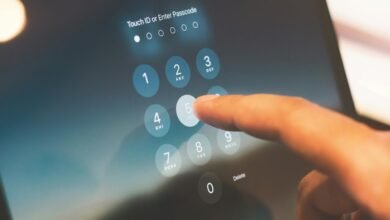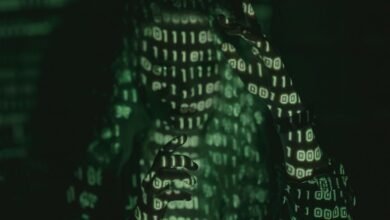What You Should Know: 7047026504

The number 7047026504 has connections to area codes in North Carolina and Nevada, raising questions about its legitimacy. Potential associations with scams necessitate a cautious approach to unsolicited calls. Individuals are advised to verify the caller’s identity before disclosing personal information. As fraudulent activities become increasingly sophisticated, understanding the implications of such numbers is crucial for personal safety. What measures can one take to protect against these emerging threats?
Origins of the Number 7047026504
The number 7047026504, when analyzed systematically, can be dissected into its components to uncover its origins and potential significance.
The area codes 704 and 702 indicate geographic regions, each carrying historical significance. Area code 704 serves North Carolina, while 702 is associated with Nevada.
Understanding these codes provides insight into the socio-cultural landscape, reflecting regional identity and communication patterns throughout history.
Possible Associations and Implications
How might the number 7047026504 connect to broader social and economic trends?
This number, emerging from a region associated with area codes prone to phone scams, highlights the increasing vulnerability of individuals in a digital age.
It reflects a growing trend of fraudulent activities targeting consumers, emphasizing the need for vigilance and awareness of potential financial risks in an interconnected society.
How to Handle Calls or Inquiries
Numerous individuals face the challenge of managing unsolicited calls or inquiries, particularly in an era marked by rampant scams and misinformation.
Effective call etiquette involves maintaining composure, verifying the caller’s identity, and exercising discretion in sharing personal information.
Inquiry management requires assessing the legitimacy of requests and employing tools such as caller ID and block features to safeguard against intrusive communications.
Tips for Staying Safe and Informed
Maintaining safety and awareness in communication is paramount in an environment increasingly rife with misinformation and deceit.
Individuals should adopt safety precautions such as verifying sources, using secure communication channels, and being skeptical of unsolicited inquiries.
Conclusion
In conclusion, the number 7047026504 serves as a reminder of the necessity for vigilance against potential scams, particularly in regions like North Carolina and Nevada. Notably, the Federal Trade Commission reported over 2.3 million complaints regarding unwanted calls in 2020 alone, underscoring the prevalence of such issues. By remaining informed and employing protective measures, individuals can significantly reduce their risk of falling victim to fraudulent activities, ultimately fostering a safer communication environment.





